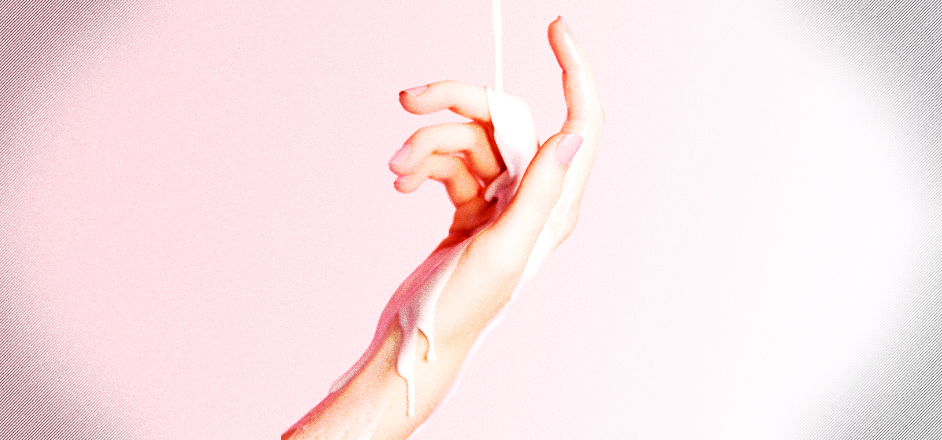Take a minute to go search for “best sex lubricants” on the Internet right now. We’ll wait. … See what happened there? Almost 10 million results come back, all with conflicting data on where to turn when a fork shows up in the dry dusty road.
And in 2016, the virulent and unlikeable Gwyneth Paltrow threw even more confusion into the mix. Her shopping site GOOP published a highly contested article titled “I Yam What I Eat: Is Lube Toxic?” criticizing parabens and endocrine disruptors while preaching the disturbing mantra, “If it’s safe to eat, it’s generally safe to apply” (that’s not true, don’t do that).
The entire thing wasn’t wrong, however. Endocrine disruptors (something that isn’t an estrogen but can behave like one) are still in a confusing area for doctors and scientists — they’re unsure what their consequences actually might be. But experts don’t like it when people draw broad conclusions, as GOOP did, as a scare tactic.
In fact, Dr. Jen Gunter disagrees with most of the crunchy hysteria in Paltrow’s article. As an OB/GYN and pain medicine physician, she spends a lot of her downtime being Twitter’s “resident gynecologist” and debunking most of the clickbaity stuff so pervasive in web culture on her blog. She’s even writing a book about lady junk, with a rumored late 2018 release date tentatively titled “The Vagina (and Vulva) Bible.”
“Parabens in lube are not the great evil of our time, but stoking that kind of fear drives people to alternative medicine practitioners so it’s a pretty good gig,” she says.
Her evidence-based recommendations include not really worrying about parabens right now, but also to avoid lubricants with Chlorhexidine gluconate (it kills all “good vaginal bacteria”), polyquaternium (may increase HIV-1 replication) and opting for a silicone based lubricant “because there is no osmolality issue to address and no evidence they damage the vaginal mucosa or bacteria.”
This isn’t just about what goes into women, though. Guys can have all kinds of issues surrounding sex lubricants, too. The urinary meatus (the pee hole), or anus, can be just as susceptible to rashy displeasure or allergic reactions.
All conflicting information aside, most doctors appear to, at the very least, recommend avoiding any lubricants that contain glycerin — including flavored kinds — which breaks down natural body sugars and promotes yeast infections; and nonoxynol-9, which can be irritating and uncomfortable, especially for guys.
Likewise, it’s probably not very smart to just start sticking food up there, either. Honey, cinnamon, vinegar? Dr. Gunter says she’s seen all of these result in vagina issues.
She also contends, counter to what Paltrow and her hippie doctors say, “Drinking 8-10 glasses of water a day will not keep your vagina moist. You will, however, pee more.”
—–
Nope, Not These
Just leave 'em on the shelf.
Vaseline
It might be temping, but Vaseline eats away at condoms and greatly increases chances of women getting infections all up in there.
Lotions/Soaps
Nope, these affect the flower's pH and cause irritation, especially the scented ones. Unless you enjoy the burning, then, have at it.
Cooking Oils
You can, in a pinch, but coconut oil is antibacterial (bad for ladies) and olive oil stains the sheets. Use sparingly and only in an emergency.
—–
Try These Instead
You'll thank yourself in the morning.
Aloe Cadabra
This healthy wonder is 95 percent aloe and has been given a green light by the FDA — unusual for most “organic”-labeled stuff.
Satya Kama Cream
Satya Kama Cream is the first hemp intimacy enhancer that happens to be vegan and edible.
Isabel Fay
An Amazon Best Seller. No glycerin. No parabens.



Leave a Reply
You must be logged in to post a comment.